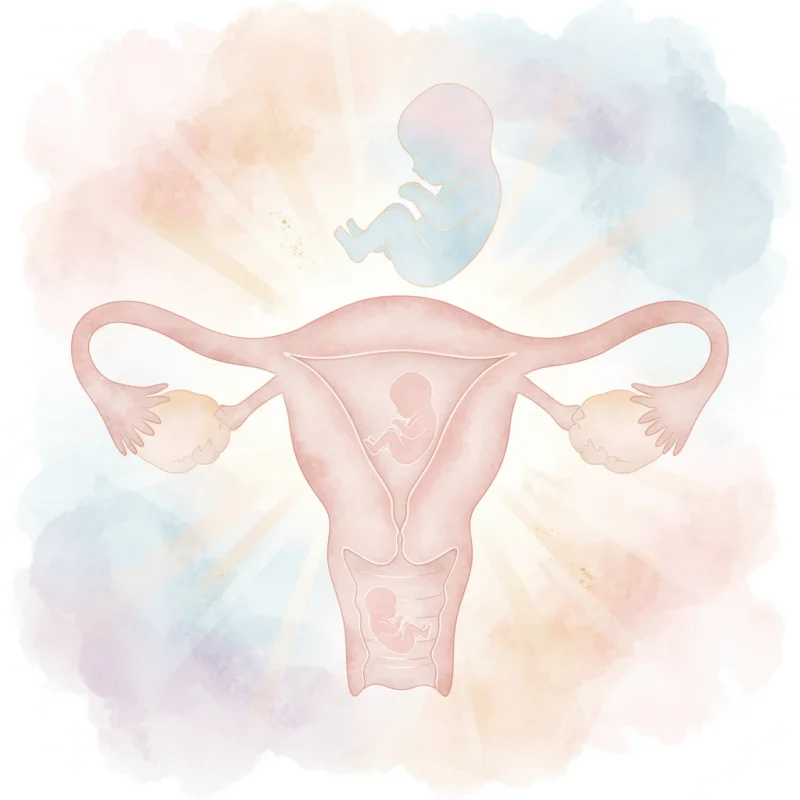Track your baby's movements
Monitor your baby's health by counting kicks, rolls, and movements. Most babies should have 10 movements within 2 hours during their active periods.

Baby Kick Counter
Count 10 movements within 2 hours during baby's active time
Ready to Count Kicks?
Start a session when your baby is usually active
How to Count Kicks
Best Time
Count when baby is usually active, often after meals or in evening
Position
Lie on your side in a quiet place where you can focus
What Counts
Any movement: kicks, punches, rolls, swishes, or jabs
When to Call Doctor
Takes longer than 2 hours to feel 10 movements
Significant decrease in movement patterns
No movement after trying to stimulate baby
Related Pregnancy Tools
Frequently Asked Questions
Common questions about counting baby kicks and monitoring fetal movement
When should I start counting baby kicks?
Most doctors recommend starting kick counts around 28 weeks of pregnancy when movements become more regular and predictable. Your baby should be active enough by this time for accurate counting.
How often should I count kicks?
Many healthcare providers suggest doing kick counts once daily, preferably when your baby is usually most active (often after meals or in the evening). Some recommend counting twice daily.
What counts as a 'kick'?
Count any fetal movement you feel - kicks, punches, rolls, swishes, or jabs. Each distinct movement counts as one, even if your baby moves multiple body parts at once.
When should I call my healthcare provider?
Call your doctor if it takes longer than 2 hours to feel 10 movements, if you notice a significant decrease in movement, or if movements stop completely. Trust your instincts about changes.
What affects baby movement patterns?
Your baby's movements can vary based on sleep cycles, your activity level, time of day, what you've eaten, and your position. Some babies are naturally more active than others.